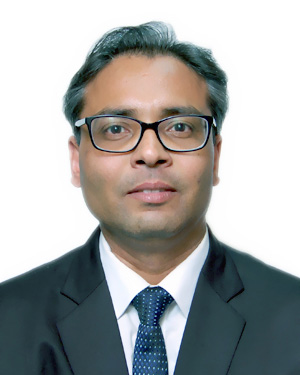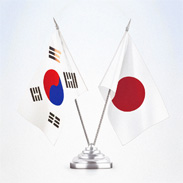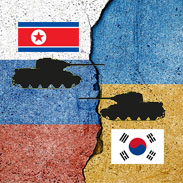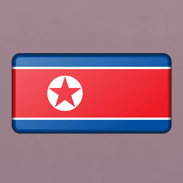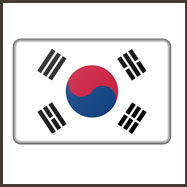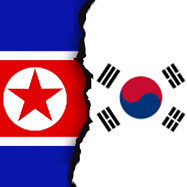History and Geopolitics in South Korea–Japan Relations: The Sado Mine Issue
The South Korean support to the designation of the Sado mine as a UNESCO World Heritage Site in July 2024 is reflective of the recent conciliatory approach of South Korea towards Japan with regards to the colonial history.
- Published: November 05, 2024

